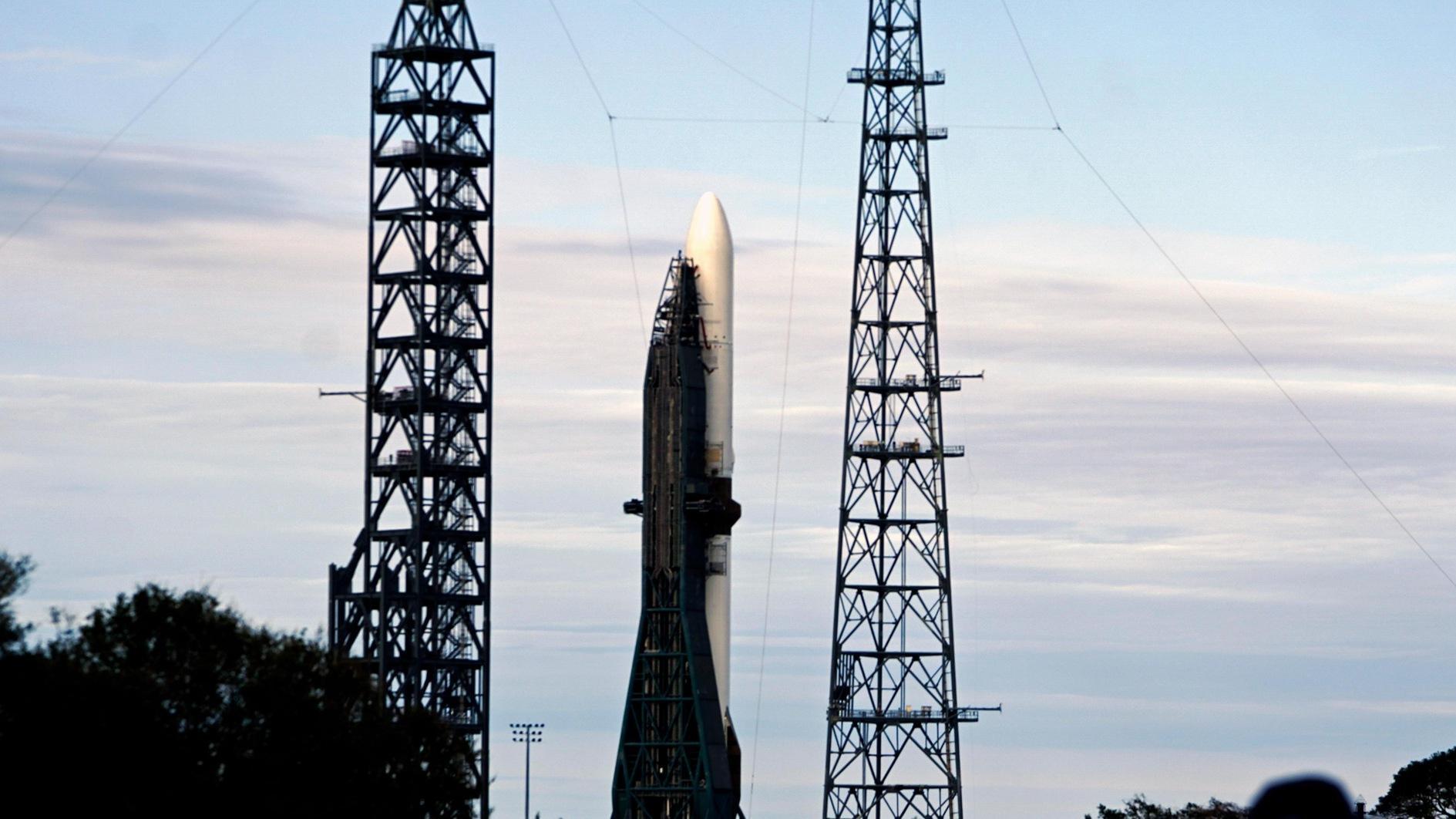Blue Origin scrubs key test launch again
CAPE CANAVERAL, Florida

Blue Origin, the space company founded by billionaire Jeff Bezos, called off the inaugural launch of its huge new rocket again on Monday evening after facing weather issues.
The company said it would aim for early Thursday morning at the earliest, with a new three-hour window starting at 1:00 am (06:00 GMT).
An initial test launch of the towering 98-meter (320-foot) rocket, dubbed New Glenn, was scrubbed early Monday morning after repeated halts during the countdown.
The company later said it had discovered an icing issue on a purge line and would aim for a possible early Tuesday morning launch, but that weather conditions were unfavorable.
Shortly after 9:00 pm Monday (02:00 GMT Tuesday), Blue Origin announced the launch had been postponed.
With the mission, dubbed NG-1, Amazon founder Bezos is taking aim at the only man in the world wealthier than him: fellow tech innovator Elon Musk.
Musk's company SpaceX dominates the orbital launch market through its prolific Falcon 9 rockets, which have become vital for the commercial sector, Pentagon and NASA.
"SpaceX has for the past several years been pretty much the only game in town, and so having a competitor... this is great," G. Scott Hubbard, a retired senior NASA official, told AFP, expecting the competition to drive down costs.
Upping the high-stakes rivalry, SpaceX also plans another orbital test later this week of Starship - its gargantuan new-generation rocket.
Blue Origin has already secured a NASA contract to launch two Mars probes aboard New Glenn. The rocket will also support the deployment of Project Kuiper, a satellite internet constellation designed to compete with Starlink.
Bezos envisions shifting heavy industry off-planet onto floating space platforms in order to preserve Earth, "humanity's blue origin."
If New Glenn succeeds, it will provide the U.S. government "dissimilar redundancy" - valuable backup if one system fails, said Scott Pace, a space policy analyst at George Washington University.
















